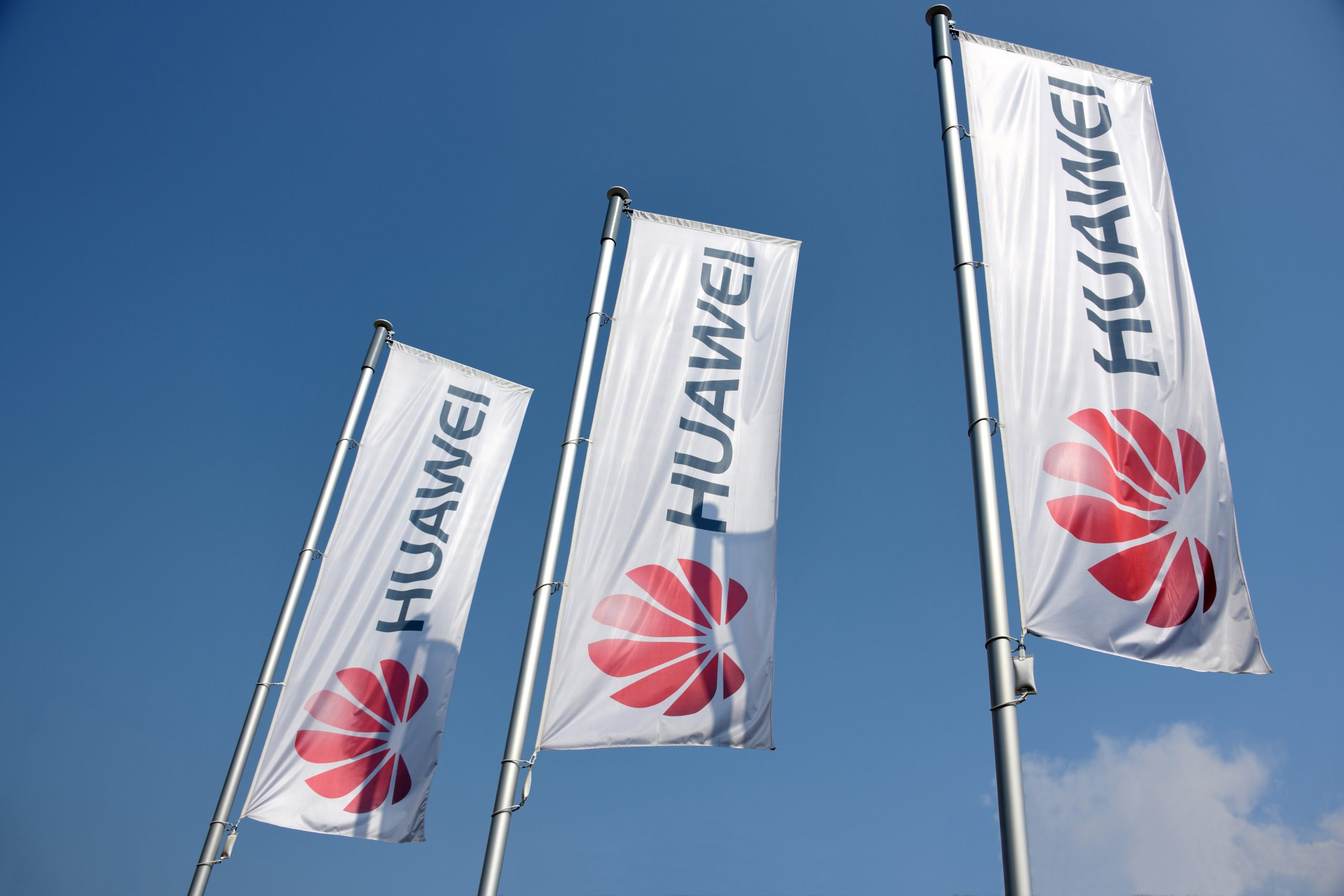Apple is set to become TSMC’s largest customer for the N3E process, with plans to integrate the upgraded 3nm chip technology into its forthcoming iPhone 16 models next year, as revealed by DigiTimes on October 13. The report also mentions that the sales of 3nm chips is expected to account for 4% to 6% of TSMC’s 2023 revenue, amounting to a total value of $3.4 billion.
Why it matters: The development of advanced chips incurs significant costs, particularly in initial stages where 3nm process technology is still maturing and yield rates are low. While most companies cannot afford the high manufacturing costs of TSMC’s 3nm chips, Apple stands out with the capability to drive TSMC’s advanced chip technology forward.
Details: TSMC aims to promote mass production of the second generation of 3nm chips (N3E process) in 2024, with the iPhone 16 series slated to be the first smartphone using N3E technology, according to the exclusive DigiTimes report.
- TSMC’s second generation 3nm node, N3E, offers improved affordability and higher yield rate compared to its predecessor, N3, featured in the A17 Pro chip of Apple’s iPhone 15 Pro models launched in September 2023. The N3E process is specifically designed to enhance chip performance and reduce power consumption in devices.
- TSMC has initiated large-scale production of N3E, with plans to replace the N3 entirely with the upgraded version by 2024, according to insider information from DigiTimes. All major chip manufacturers, except Samsung, are set to adopt the second generation N3E. TSMC has secured orders from various clients, with Apple being the largest among them.
- TSMC is anticipated to gain 4% to 6% of its total revenues in 2023 from 3nm manufacturing, primarily due to substantial orders from Apple for N3 chips powering the iPhone 15 Pro models. Apple’s orders alone are projected to account for up to $3.4 billion in sales for TSMC this year.
- Jeff Pu, an analyst covering companies in Apple’s supply chain, claims that all four iPhone 16 models will feature A18-branded chips. The A17 Pro processor in the iPhone 15 Pro models is a transitional design, and the upcoming iPhone 16 models will all incorporate A18 chips, leveraging TSMC’s N3E technology, he said.
Contexts: In July, TSMC faced efficiency challenges with its new 3nm manufacturing process, achieving a yield rate of only 55%, well below the expected standard. Due to this low yield, Apple opted to pay for qualified wafer batches instead of entering into a fixed rate agreement with TSMC.
- TSMC is expected to further enhance the transistor density of the N3 family with N3P following N3E, according to TSMC. N3P, an advanced process node, will empower chip designers to enhance performance by 5% without increasing leakage, or alternatively, achieve a 5% to 10% reduction in power consumption while maintaining the same speed.
Related








